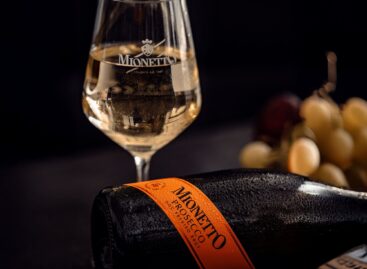GfK Hungária has sophisticated and comprehensive methods to describe Hungarian consumers. Consumer preferences are described using our Consumer Confidence Index, Euro-Socio-Styles and GfK Lifestyles surveys. We also use an eye-scan video system to monitor involuntary eye movements of the people interviewed. Hungarian consumers tend to be more conservative than Western European and even other Eastern European consumers. Some post-modern values like environment consciousness and hedonism show lower than average scores. Hungarians are realistic, rational, less likely to be influenced by trends and do not chase dreams. Younger people are less family oriented and more open to trends and fashion. It is more important for them to look different. While older Hungarians are emotionally attached to traditional brands, young people are not. Hungarians are more open to ads than other Eastern Europeans but this proportion is still under 20%. They watch TV almost five hours a day, but are not satisfied with the quality of the programs. Celebrity programs and talk shows are more popular than in the West, but do it yourself programs, sport and sci-fi is watched less frequently. Quiz shows and news programs achieve better than the regional average ratings. Per capita purchasing power in Hungary is slightly more than half of the European average. There are significant differences between regions and types of settlements. 60 per cent of household expenditure is spent on food, transportation, overheads and telecommunication. The proportion spent on food is shrinking, while spending on transportation, communication, entertainment and holidays is growing. Four out of ten people believe that their financial positions is constantly deteriorating, but their willingness to purchase is also improving. 55 per cent of the people interviewed said that Hungarians spend more than they can afford. Cell phones, DVD-s, digital cameras sell better in Hungary than in neighbouring countries. The ten biggest retail chains hold a combined market share of 59 per cent. Hyper markets have 31 per cent, supermarkets 11 per cent, while discount stores hold 23 per cent. Internet sales account for only 4 per cent of total retail turnover, whereas this figure is 11 per cent in Western Europe. The concept of luxury is very different from the western perception. In Hungary, material assets like expensive cars, houses and furniture represent luxury.
Related news
Related news
A bubble containing the whole world
Our drink choices can be influenced by many factors: sometimes…
Read more >Csodalámpa canvas bags again at Rossmann
Rossmann has once again joined a special charity initiative: after…
Read more >Leadership change at Fornetti: Nándor Szabó is the new Managing Director
Nándor Szabó will take on the role of CEO of…
Read more >



